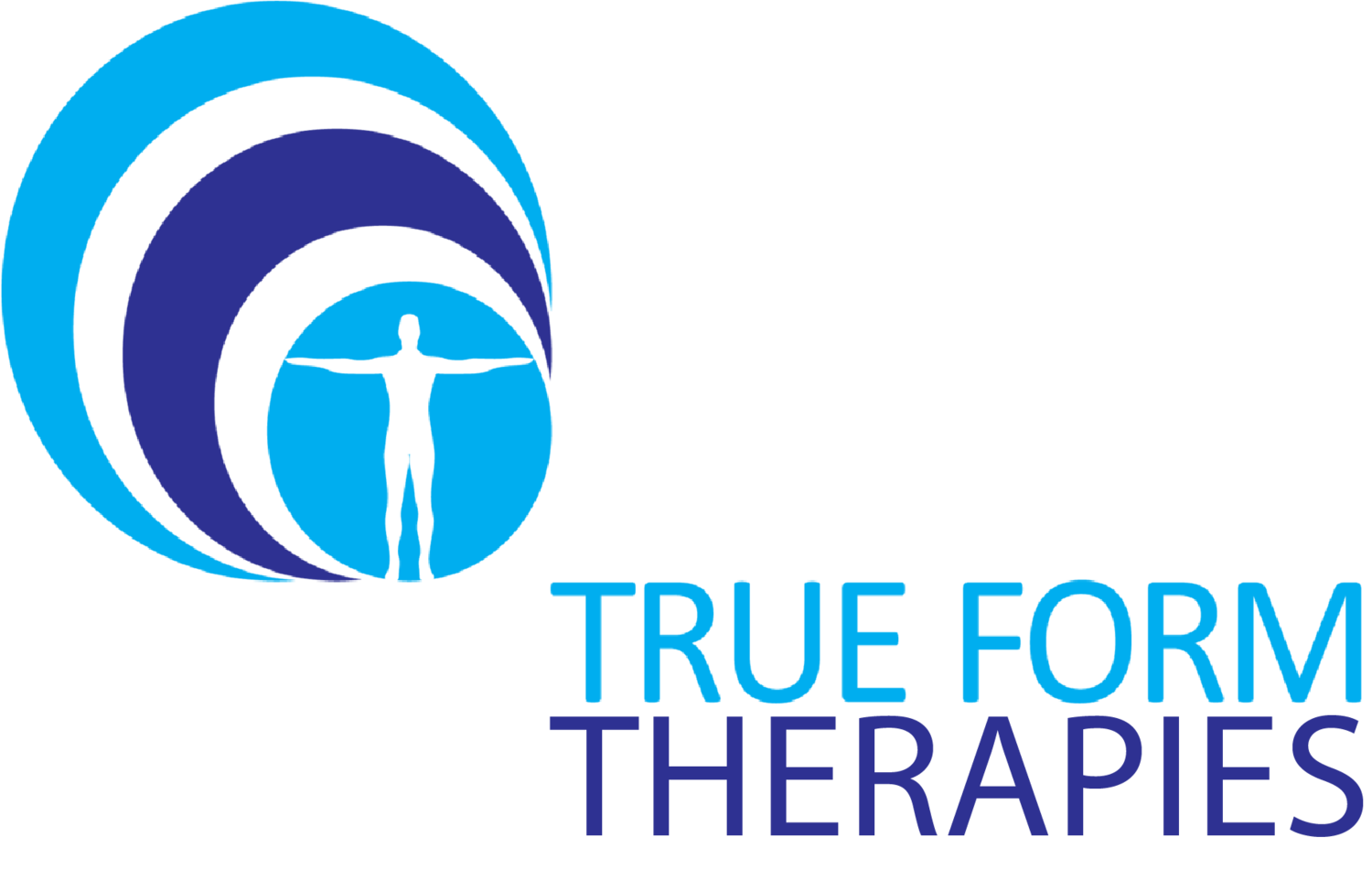Naturopaths, Nutritionists, Dietitians, your neighbour, Pete Evans. There are so many different health professionals who are (or claim to be, cough Pete Evans cough) food and nutrition experts, after all, everyone eats food, but this definitely does not make them nutrition experts!
So, who do you see when you need food and nutrition related advice?
In this article, we will explore the differences between naturopaths, nutritionists and dietitians, so you can make a more informed decision about who will suit your needs best.
Naturopaths
In Australia, naturopaths may have a bachelor’s degree, diploma, or certificate and may, or may not be registered by a professional body. A naturopath may use herbal medicine, dietary and lifestyle advice and homeopathy to assist you. The naturopathic approach is holistic but may not always be evidence based. Naturopaths generally only work in private practice clinics. Medicare rebates are not available through naturopaths, however private health insurance rebates may be available depending on cover. (From April 1, 2019 Naturopathy will no longer be permitted to be covered under private health insurance policies)
Nutritionists
Nutritionists have a tertiary qualification in the area of nutrition, however there is no national body that assesses the qualifications of nutritionists (who are not also dietitians). This means that all nutritionists are not created equally i.e. some nutritionists have undertaken courses from less reputable providers than others. Nutritionists provide evidence-based advice related to nutrition and food and can work in public health nutrition, policy, research, community health and private practice sectors. Like naturopaths, nutritionists are not registered with Medicare but may be claimable through private health insurance.
Dietitians
Like nutritionists, dietitians are tertiary qualified (either a 4 year Bachelor degree with Honours or a 3 year Bachelor degree with a 1.5 – 2 year Masters degree). Dietitians may only be registered with the national body (Dietitians Association of Australia) and therefore Medicare, if they have completed an approved University course. Dietetic courses include substantial theory and supervised placements in clinical nutrition, medical nutrition therapy and food service management. Dietitians must complete ongoing training to ensure they can provide you with the most up-to-date, evidence-based information. Dietitians work in a wide array of areas from private practice, hospitals and aged care facilities to research, the food industry and public health. Dietitians apply the science of nutrition to the feeding and education of groups of people and individuals in health and in disease.
Dietitians:
Undertake nutrition and food research
Train health care professionals
Develop nutrition communications, programs and policies
Provide consultancy services to corporate organisations, food manufacturers, schools and health care facilities.
Assist in the dietary management of a wide array of medical conditions such as diabetes, heart disease, food allergy, gastrointestinal diseases, pregnancy, cancer, coeliac disease, liver and kidney disease and cystic fibrosis amongst a host of other conditions
Create personalised eating plans that take your medical conditions and/or personal circumstances in to account
Assess your nutritional needs and assist in correcting any deficiencies
Provide information on healthy eating, food shopping, eating out and preparing food at home
An overview of the similarities and differences between naturopaths, nutritionists and dietitians
To read more, visit https://daa.asn.au/what-dietitans-do/choosing-your-nutrition-expert/


